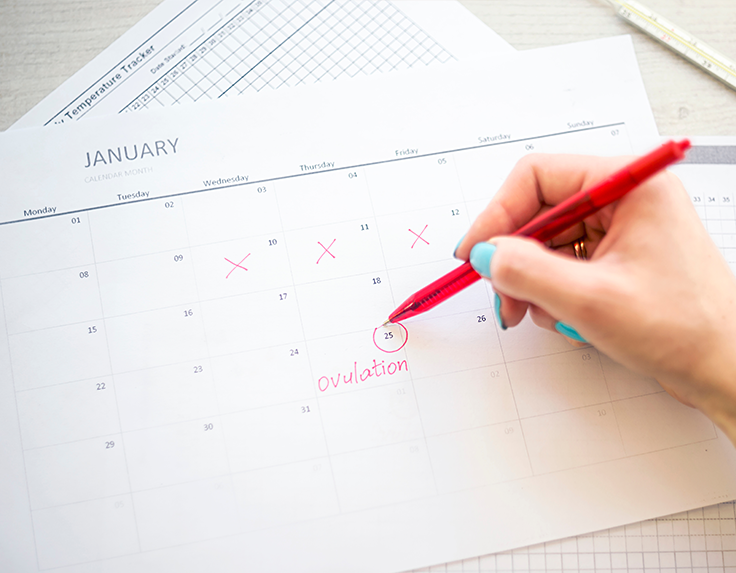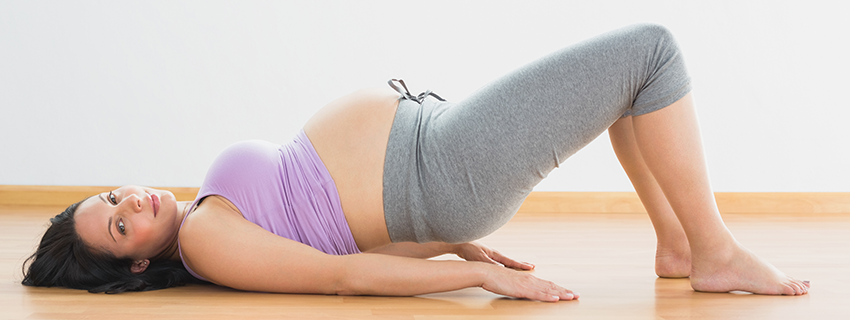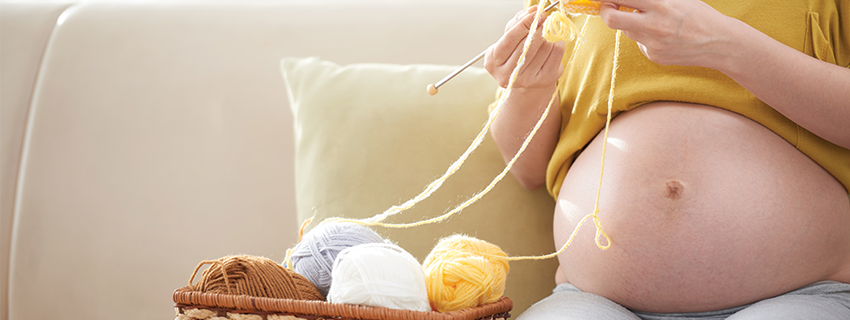Pregnancy is a wonderful experience but you need to be careful to strengthen your immune system during this period. During pregnancy, it’s your foremost duty to take care of yourself and your unborn baby as well. Intake of proper food to increase immunity during pregnancy should be your topmost priority. Your immune system acts as a protective shield and defends your body from infections caused by bacteria, viruses, fungi, parasites, toxic substances and various illnesses.
Pregnant women are more vulnerable to disease and infection, so it’s very crucial to boost your immunity during pregnancy by consuming a proper diet.
Impact of a weak immune system during pregnancy.
How does your weak immune system impact your health?
1. If your immune system is weak, you are more prone to infection and diseases can thrive in your body.
2. If your immunity is low, then you are at high risk of feeling fatigued and tired.
3. Women have a high probability of falling sick because of a weaker immune system and lack of awareness in following a proper diet plan.
4. A strong immune system is directly related to a healthy fetus. If your immune system is suppressed, it will impact your baby’s development.
So it’s very important to enhance your immunity during pregnancy and preggers should take proper advice from doctors.
Tips to boost the immune system when pregnant
Here are the best tips to boost your immunity during pregnancy.
- Exercise: Exercise is the best and most healthy way to increase your immunity during pregnancy. Try yoga and workout classes or follow any prenatal yoga program. You should take advice from a doctor and follow a healthy diet plan.
- De-stress: Preventing stress and following stress-free meditation helps to maintain a healthy immune system.
- Probiotics: Take probiotics properly. Probiotics are naturally found in many foods like yoghurt and kefir. But you can also take it as alternative medicine available in medical shops after consulting your doctor. Probiotics help to boost immunity during pregnancy and protect your child from illness and infection and contribute to the healthy development of a fetus.
- Nutritious diet: Make sure you eat proper healthy food enriched with vitamins and zinc during pregnancy. It is very important to intake food that is rich in proteins and carbohydrates. This food helps to maintain health and enhance the immune system during pregnancy
- Sleep: Sleep also plays an important role during pregnancy. Make sure you get proper sleep during pregnancy. Irregular sleep patterns cause irritable mood and negative emotions. Your body needs adequate sleep and rest during pregnancy for the healthy development of your child.
- Environment: Your surrounding environment also impacts your moods and emotions. Make sure you live in a positive environment. You can also read books and listen to music to reduce stress which will boost your happy mood and overall immunity that contributes toward the healthy development of a fetus.
- Vitamin: Intake of vitamin C during pregnancy also boost your immune system. So, it’s very important to have vitamin tablets for the healthy development of a child.
- Zinc: Taking zinc during pregnancy helps to boost your immunity and helps in proper fetus development.
- Drinking water: Keeping yourself hydrated is also very important during pregnancy. Drinking lots of water helps to maintain and increase your immunity. Staying hydrated helps your body naturally eliminate toxins and bacteria that causes infections. It is very important to drink 8 glasses of water to maintain good health.
- Warmth: Keeping yourself warm is a very important factor in the healthy development of the fetus.
Please follow the above points and make sure you take pregnancy in your stride with a smile. This can be a crucial time for you, but you have the potential to go ahead and take care of yourself with love and affection. So, start boosting your immunity, which can contribute to the healthy development of your child.
FAQ
1. How can I boost my immune system while pregnant?
You can boost your immune system by exercising regularly and going for yoga and meditation programs. It’s very important to live in a positive environment in a happy mood. You should intake proper doses of Vitamin c and Zinc and drink 8 to 10 glasses of water. You can also take probiotics to enhance immunity for the proper development of the fetus.
2. Is your immune system weaker when pregnant?
Your immune system acts as a protective shield and defends your body from germs, illness, toxic substances, and infection caused by bacteria and viruses.
Pregnant women are more vulnerable to disease and infection due to weak immune systems. So it’s very crucial to increase your immunity during pregnancy by intaking a proper diet. Women are at a high risk to fall sick because of a weaker immune system. So it’s very important to enhance your immunity during pregnancy and preggers should take proper advice from doctors.
3. What can I eat to boost my immune system during pregnancy?
You should take proper doses of Vitamin C and Zinc and drink 8 to 10 glasses of water. You can also take probiotics to enhance immunity for the proper development of the fetus. Meat, eggs, nuts, and green vegetables help to boost immunity. You can also consume omega 3, almonds, and a protein-rich diet for a healthy fetus.
4. When does your immune system weaken in pregnancy?
Women’s immune get weak during the early pregnancy stage. So, it’s very important to intake a good diet and include yoga practices to boost your immune system for healthy fetus development. Common symptoms are morning sickness, backache, fatigue, cold and irritable mood. Women are at a high risk to fall ill because of a weaker immune system and lack of awareness in following a proper diet plan. A strong immune system is directly related to a healthy fetus. If your immune system is compromised, it will impact your baby’s development.
5. Can I take Vitamin C during pregnancy?
Yes, it’s good to intake vitamin C during pregnancy. You should eat fruits and vegetables enriched in Vitamin C, and you can also take prenatal vitamins that contain vitamin C. However, it’s a bad idea to consume a high amount of vitamin C when you’re pregnant. The maximum daily amount you should take is 1800 mg for women 18 and younger and 2000 mg for women 19 and over.
Motherhood is a precious experience and it starts from the moment of conception. You should make your body environment as friendly and welcome as possible for the new visitor who is going to enter your life. Improving your immunity and taking good care of your health is your first step in this journey. From the moment the good news is confirmed via the Preganews pregnancy kit to the point you deliver your baby safely, you need to walk that extra mile to ensure that your baby is safe and so are you.











































